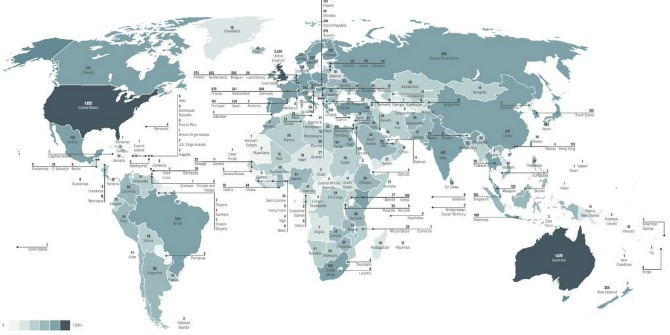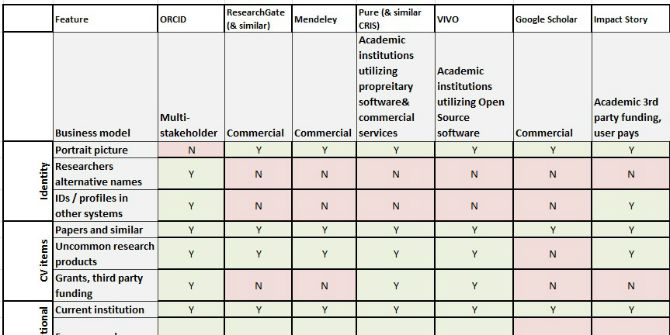 Following recent debate around whether think tanks are approaching their use-by dates, Chris Goulden outlines an alternative model of engagement with academics undertaken by the Joseph Rowntree Foundation. Chris argues that being consistent and protecting the quality, independence and relevance of research that is funded is paramount.
Following recent debate around whether think tanks are approaching their use-by dates, Chris Goulden outlines an alternative model of engagement with academics undertaken by the Joseph Rowntree Foundation. Chris argues that being consistent and protecting the quality, independence and relevance of research that is funded is paramount.
A recent blog post by Andy Williamson on this site highlighted some of the perceived inadequacies of the current think tank model of research and influencing. Whilst we don’t consider ourselves to be a think tank in the same vein, at the Joseph Rowntree Foundation we hope to provide a slightly different way of approaching the development of evidence-informed policy and practice that combines the rigour of academic research with the impact that think tanks sometimes have. We also have another string to our bow with the practical experience of Joseph Rowntree Housing Trust, which is a social housing and care provider in the North.
That is not to say that academic research cannot have an impact by itself but that our approach hopefully makes it more likely. We do not undertake any primary research ourselves (although we have recently recruited our first ever in-house statistician, which will enable us to be more responsive) but we do write our own reviews, summaries and blogs about the research that we fund, as well as engaging with and keeping up with academic and policy developments.
Most pieces of work that we support these days are part of a wider programme of research and policy development that may last for as long as five years, with a total budget of £1 million or more. The intention is that these programmes are more than the sum of their parts in terms of our ultimate goal of improving the lives of people and places in poverty. For example, we currently have active programmes on labour markets, young people & housing, education, ethnicity, climate change, forced labour, minimum income standards, monitoring poverty & social exclusion, dementia, Bradford, loneliness and others. Each of these programmes has a dedicated manager who scopes, designs and supervises the activity within them as well as leading on much of the dissemination in collaboration with the research teams and our communications department, which has dedicated digital, marketing, events, media and publishing functions.
Crucial to our approach is developing strong partnerships with the people and organisations that we fund, and other relevant stakeholders. When we fund a new project in one of our programmes, it’s important to quickly develop good relationships with the researchers carrying out the work. We do this through an inception meeting and regular updates. Our programme and project advisory groups are also important in developing relationships and networks, as well as providing a peer review function. The groups work best when they are diverse, and we try to recruit representatives from academia, policy, practice, lobby groups, people with direct experience of the issues, think tanks, employers and so on. Getting people from across the whole of the UK, including local representation, is also important in achieving influence in the different nations and regions.
However, it’s impossible to underestimate the difficulty of achieving real influence and impact with social research in the UK. It is also hard to assess whether research programmes are delivering value for money, when they are very rarely the only influence on a decision. Sometimes, we are told that our research has been directly responsible for some policy decisions, such as the increase in the Social Fund budget announced by the last UK Government in response to the credit crunch. Other research we have funded is influencing the way the public and opinion formers discuss issues around poverty. The Minimum Income Standard for the UK is starting to have this kind of impact, as well as being used for more practical purposes, such as calculating a Living Wage for outside of London.
When we start a new programme, we try to imagine what kind of influence we might realistically have and develop a tailored ‘theory of change’ for doing so. But the Foundation would never try to have impact for impact’s sake alone – being consistent and protecting the quality, independence and relevance of the research that we fund is paramount. If we lost that, then I think we would be unlikely to maintain any influence or credibility at all and wouldn’t be able to achieve the lasting social change for people and places in poverty that we seek.







